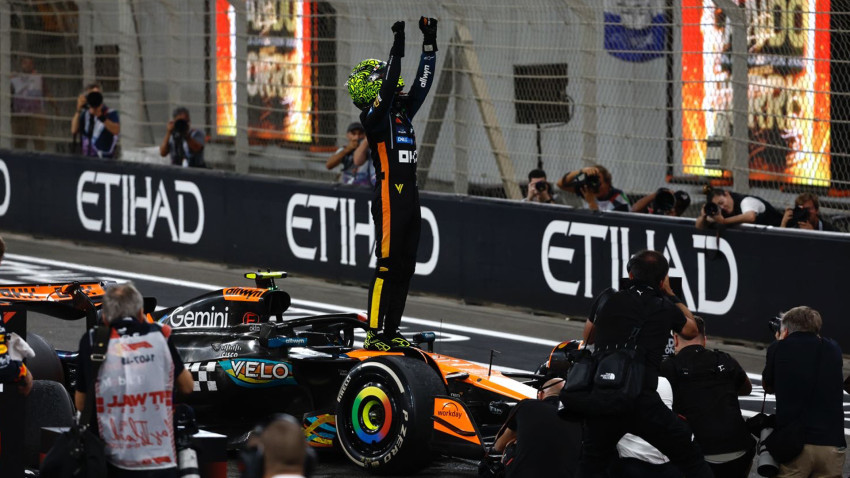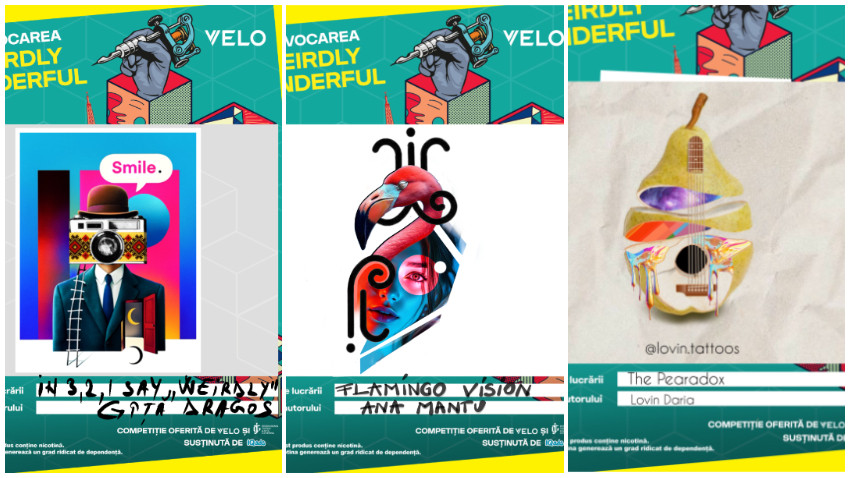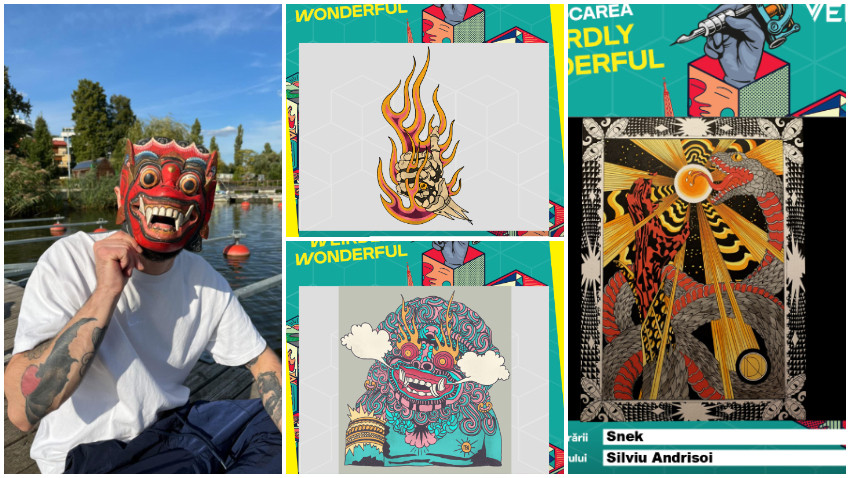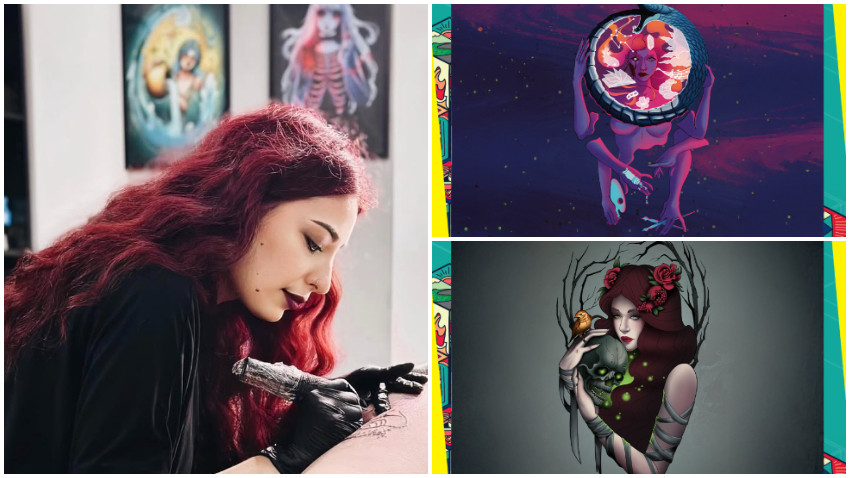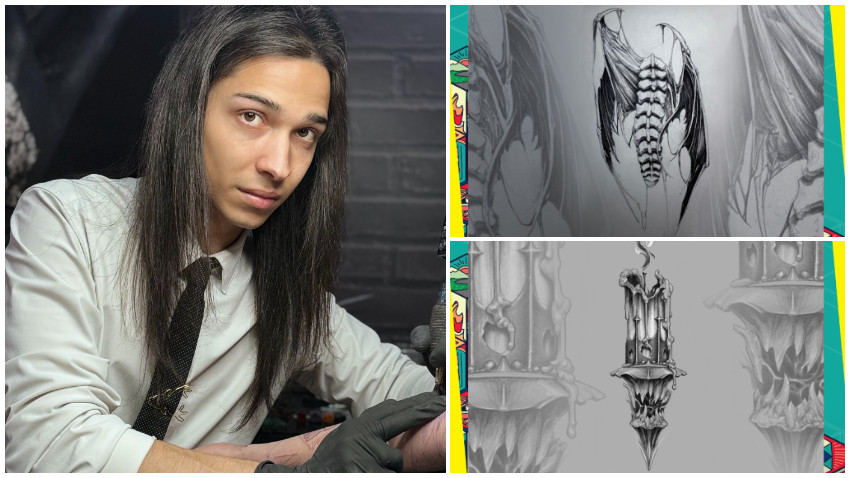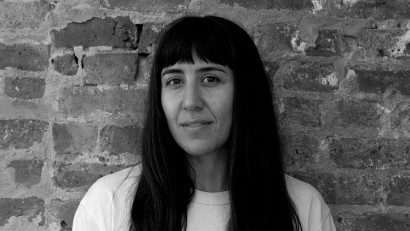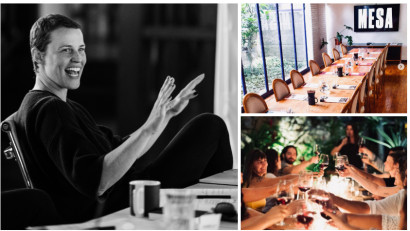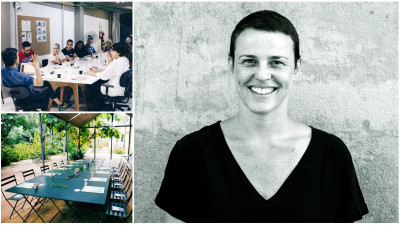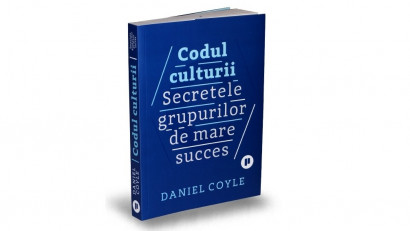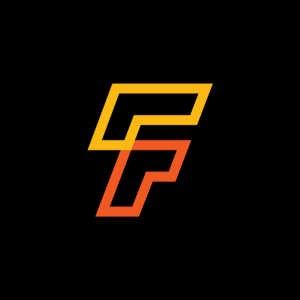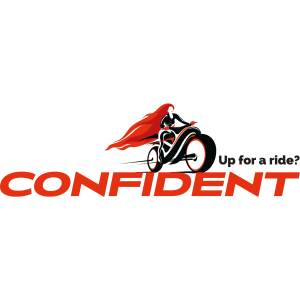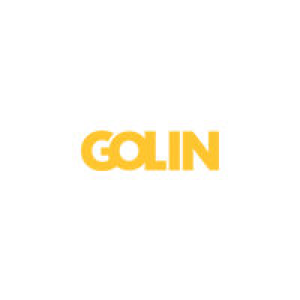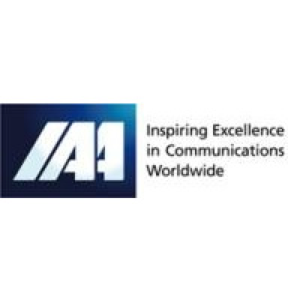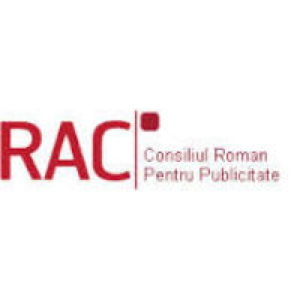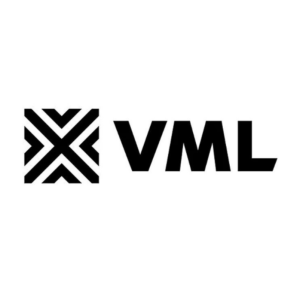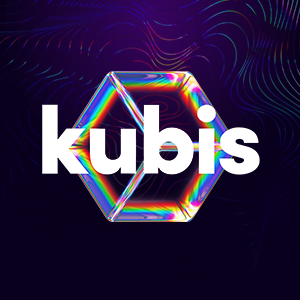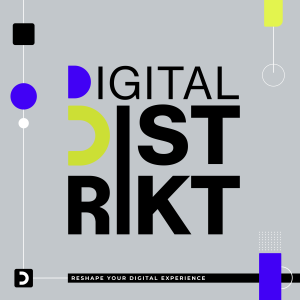You can't pretend. This is what Ligia Giatti learned most throughout her experience. If you want to be good at what you do, you have to be transparent and dedicated, and people will respect that. Ligia is the COO of Mesa, a team-based work system designed to quickly solve complex challenges, and will talk about work and leadership at UNFINISHED, between September 22 and 24. Part festival, part talks, part art, part undefined, the UNFINISHED experience gathers 3141 participants selected from those who apply.
"Silence it's a challenge. It's not by chance that there are so many rituals around the world to help people to achieve this state of self-presence. Silence is dangerous when it's silencing someone. It's a powerful tool, I would say - for good and bad", says Ligia.
We talk with her next about how the perspective on work has changed in recent years and what she discovered about new leadership after her experience at Mesa.
Defining Moments
I had a couple of them - but I will speak about 2 in particular that represent significant milestones in my development.
First, when I joined Mesa back in 2013, I said yes to the job I had no idea how to do, but I knew I had something to add, and I ended up learning by doing and, lately, designing what this work would be.
I had to empty my knowledge box and open space for something completely new, like installing new software. I didn’t only have to change the way I did things but also what I thought work was.
A funny story. My job title back there was "Conversation Designer." I used to run workshops and use many methods to facilitate conversations inside big organizations. That was my specialty. And when Barbara Soalheiro, Founder at Mesa, interviewed me, she said, "I need to make people stop talking and start doing. Can you do that?!" - and I said (really wanting the job at that point), "Of course!" - and the first thing I did when she left the restaurant was to delete my job title from my Linkedin. Something that seems silly to do, but it was very ritualistic for me. I remember that moment well. Deleting that job title, I decided to become something else - and it felt like saying yes to an adventure.
The second one is when I moved to the U.S. in 2016 without speaking English to open Mesa's international operations. It was one of the most vulnerable experiences of my life—a real "learning by doing" experience.
A month after I arrived in L.A., I sold a Mesa. At my first meeting, I understood the size of the challenge because I couldn't understand most of what the client was saying. My solution was to use "meeting" expressions and sentences that I've seen in movies, such as "Yes, that's a great point of view", "definetly", 'let's circle back,".... "this is a great opportunity," etc… just to get through it. Thank God someone was next to me to listen and translate the call after we hung up.
I led my first Mesa in the U.S. using 30% of English and feeling 70% less “me.”
But I had a Mission to deliver. And somehow, I understood. "It's not about me, but what I have and decided to do, so I am gonna do it."
I remember thinking - "Am I being brave or reckless?" Maybe both!
But the lack of vocabulary made me very sharp and precise in the directions I had to give to the team, and I also had to ask them to speak to me like I was five years old. So they had to cut all the unnecessary things and just tell me what was essential for us to make decisions and move forward. No bullshit. And It worked.
There is much more in these stories, but I'm sharing them here because both experiences shaped how I approach work and life today.
Both situations trained me on how to navigate when I am feeling really vulnerable. A feeling that I live with whenever I am at the head of the table, leading a Mesa.
I learned that to do something for the first time, you cannot pretend. You need to be transparent and committed to doing it. And that's what people respect.
The perspective on your role
In my work, with experience came the acknowledgment that it doesn't matter how much you master a practice; you always need to be open to learning, especially in a constantly changing world. So humbleness, commitment, and courage are the muscles I continuously practice to achieve that.
Humbleness has to do with not pretending. Commitment is about the decision to do something. And courage is about dealing with the unknown and learning to do what you don't know while doing it.
My role as a Mesa Leader required these three behaviors - especially if my work is to promise that I can solve any complex problem you give me.
There are many ways to look at leadership, and today's industry is full of theories. But most of the criteria people use to identify and evaluate a "good leader" are far from what I consider a good leader.
If you asked me how I want to be seen as a leader, I would say: "like people see a hunter in a wild forest".
Someone who is committed to finding what she is looking for, that learns along the way, have the courage to face the unknown; it's fully present. Someone who, even knowing the direction, it's sensitive and reacts quickly to unpredictable things. A hunter moves forward even when they don't have complete visibility. A hunter has to come back home with whatever they are looking for, and they do. They won’t let their family starve, right? There is no other option, and they do it. So do I when I lead Mesas.
What I describe here, using the analogy of the spirit of a hunter, is what we understand at Mesa what an excellent leader should be.
What inspires you
I've been dedicating a lot of time trying to understand how a person masters something - a practice.
Among other attitudes, at Mesa, leaders have to master the Mesa Method, be high-performance, and deliver excellence in everything they do. The challenge is how to make people get there.
In this process, I've been getting inspired by Tamara Klink - a Brazilian sailor and writer. At the age of 24, she became the youngest Brazilian to cross the Atlantic Ocean navigating solo. She wrote a book about her experience, and everything she shares teaches me something about being someone who decides to face the unknown. And it is interesting because I also use the analogy of navigating a boat when I speak about Mesas. There is something about being super prepared to deal with the unpredictable because you never know how the ocean will be.
I know it seems that I romanticize work, but that's how I experience what I do. I'm constantly facing problems I never solved before, with people I don't know (and that are so much more experienced than me) - and I have no detailed scripts in my hand - just a destination envisioned. So I do feel like a navigator in an unpredictable ocean. A "corporate / business Tamara Klink" hahaha!
I'm also inspired by a little book explaining how high-performance people get trained. Daniel Coyle writes about his visits to so-called hotbeds (environments designed to promote growth) - tiny places that produce large numbers of world-class performers in sports, art, music, business, math, and other disciplines.
To give you a taste, he opens the book with this sentence from Aristotle: We are what we repeatability do. Excellence, then, is not an act but a habit". Chills!
Learning about the tools he identified in different fields with the same intentions is fascinating. It's inspiring me to design what Mesa's Leaser Journey should be. I will talk about that in my speech ;)
UNFINISHED. Thoughts and Expectations
Mesa is already a long-time partner at the Festival. Still, this year, the invitation to speak felt special because I have the opportunity to share something I've been investigating and experimenting with regarding leadership development - and the Unfinished community is the right and best audience to see that for the first time.
What does silence mean to you
Silence it's a challenge.
It's not by chance that there are so many rituals around the world to help people to achieve this state of self-presence.
I experience silence in different forms. Sometimes is through really not listening to anything—pure silence. So then I can listen to myself.
Sometimes is through music, loud music. So I can silence myself.
Silence is dangerous when it's silencing someone. It's a powerful tool, I would say - for good and bad.
I love that this is the festival's theme, and I'm curious to see how this will unfold through the different experiences there!
New Leadership
Two things come to my mind:
How interdisciplinary work is vital to solving complex problems - but only if you have the mission of building something concrete.
The problem owners and leaders we work with already recognize the power of bringing specialists with diverse but complementary knowledge and skills around the same table to tackle complex problems. Something that often is difficult to achieve inside an organization.
It becomes clear to them after a Mesa experience that this is the future of work. They can see how breakthrough solutions emerge at the intersection of different areas of knowledge through doing. And this is the leap in the understanding that it is not just about combining diverse expertise but putting people to build something.
Our problem owners often create an entirely new way of working after they get this understanding.
The second challenge is connected to the first one I mentioned: Talent Management and Diversity:
The notion of talent has evolved beyond traditional skill sets. Leaders connected and committed to the transformation necessary in their industries recognize the value of diversity in their teams, not only regarding gender, ethnicity, and cultural background but also diversity of thought and experiences.
The challenge now is how to make it work. How to design a work environment capable of unleashing people's full potential?
I am far from giving a perfect answer because we at Mesa Company are on the same journey, but what I know is: bringing more diversity to teams is a decision - a commitment followed by solid practices.
A message on a billboard in the center of the city
Presence is the most generous thing you can give someone.




